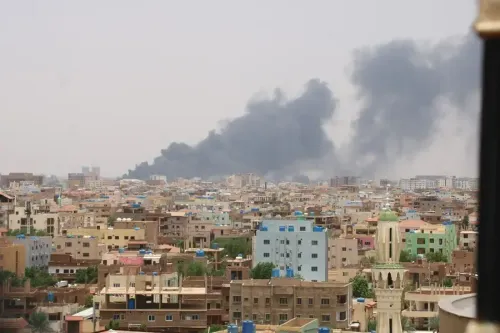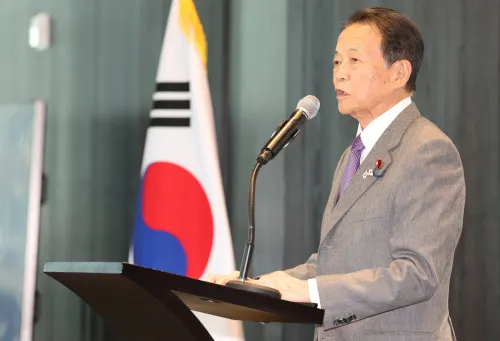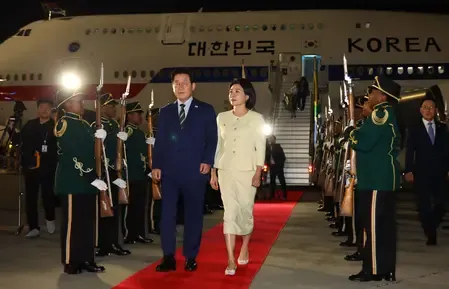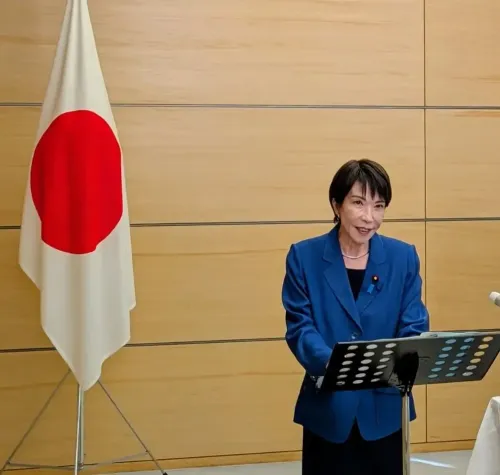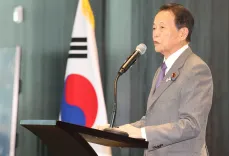Why is South Korea's Presidential Office Regretting North Korea's Criticism?
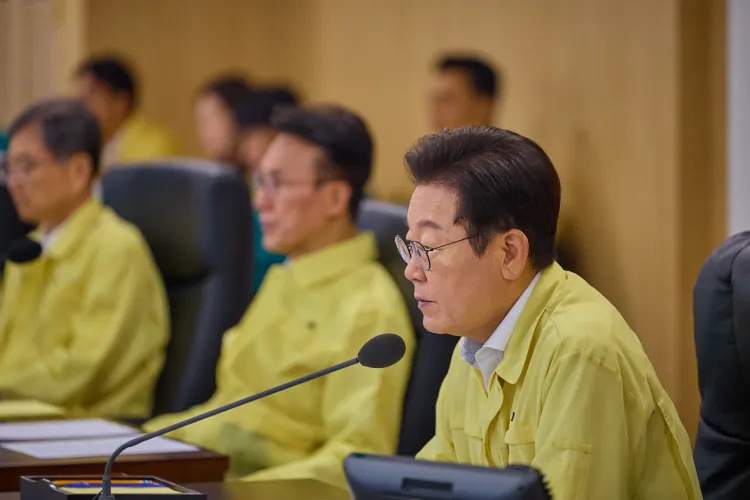
Synopsis
Key Takeaways
- South Korea expresses regret over North Korea's criticism.
- President Lee Jae Myung aims to foster peace and stability.
- Kim Yo-jong dismisses Seoul's peace overtures.
- Reinstating the 2018 military agreement is a priority.
- Focus on mutual respect and coexistence is emphasized.
Seoul, Aug 20 (NationPress) The presidential office of South Korea expressed disappointment on Wednesday regarding the recent criticisms directed at President Lee Jae Myung's peace initiatives by Kim Yo-jong, sister of North Korean leader Kim Jong-un. The office stated that her comments misrepresent Seoul's genuine attempts to rebuild trust between the two Koreas.
Earlier today, North Korean state media reported that Kim Yo-jong dismissed Seoul's peace proposals once more, asserting that South Korea would never be a diplomatic ally for the North and labeling Lee as unfit to alter the historical trajectory.
“It’s regrettable that the North Korean regime distorts and misconstrues our earnest endeavors,” the office remarked in an official statement.
The statement underscored that Lee's conciliatory actions are intended to foster stability for both Seoul and Pyongyang, reiterating its dedication to peace initiatives, as reported by Yonhap news agency.
“The proactive measures of the Lee Jae Myung administration for peace on the Korean Peninsula are not merely self-serving, but are aimed at the stability and prosperity of both the South and the North,” the office commented.
“This government is determined to move past the era of animosity and confrontation to usher in a new phase of peaceful coexistence and mutual growth on the Korean Peninsula,” it added.
In a speech on Liberation Day last week, Lee emphasized his respect for North Korea's political framework and assured that he would not pursue unification through absorption. He also committed to taking steps to revive the now-stalled 2018 inter-Korean military agreement designed to alleviate tensions.
The comments from Kim Yo-jong follow a series of overtures from Seoul aimed at mending the historically strained inter-Korean relations. In his recent Liberation Day address, Lee reaffirmed his respect for North Korea's governance and his commitment to non-absorption.
This statement came after Lee's latest outreach where he indicated Seoul's intentions to restore a 2018 military pact between the two nations aimed at minimizing border tensions, while calling on Pyongyang to reciprocate by rebuilding trust and reinitiating dialogue.

